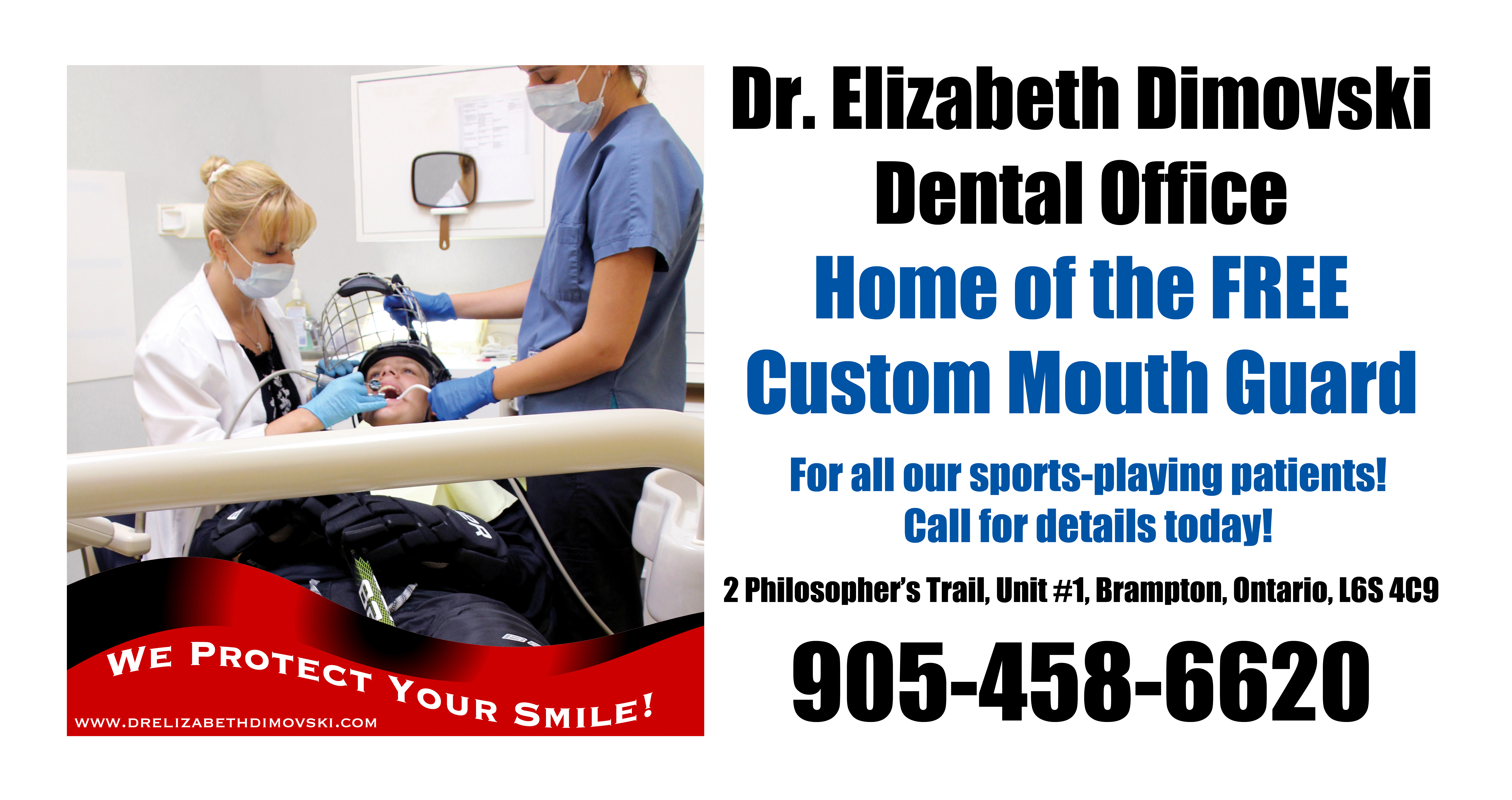
Mouth guards, also called mouth protectors, help cushion a blow to the face, minimizing the risk of broken teeth and injuries to your lips, tongue, face or jaw. They typically cover the upper teeth and are a great way to protect the soft tissues of your tongue, lips and cheek lining. Knowing how to prevent injuries like these is especially important if you participate in organized sports or other recreational activities.
When it comes to protecting your mouth, a mouth guard is an essential piece of athletic gear that should be part of your standard equipment from an early age. In fact, studies show that athletes are 60 times more likely to suffer harm to the teeth if they’re not wearing a mouth guard. While collision and contact sports, such as boxing, are higher-risk sports for the mouth, you can experience a dental injury in non-contact activities too, such as gymnastics and skating
There are three types of mouthguards:
-
Custom-fitted. These are made by your dentist for you personally. They are more expensive than the other versions, but because they are customized, usually offer the best fit.
-
Stock. These are inexpensive and come pre-formed, ready to wear. Unfortunately, they often don’t fit very well. They can be bulky and can make breathing and talking difficult.
-
Boil and bite. These mouth protectors can be bought at many sporting goods stores and drugstores and may offer a better fit than stock mouth protectors. They are first softened in water (boiled), then inserted and allowed to adapt to the shape of your mouth.

The best mouth guard is one that has been custom made for your mouth by your dentist. However, if you can’t afford a custom-fitted mouth guard, you should still wear a stock mouth guard or a boil-and-bite mouth guard from the drugstore. If you wear braces or another fixed dental appliance on your lower jaw, your dentist may suggest a mouth protector for these teeth as well.
A properly fitted mouth guard may be especially important for people who wear braces or have fixed bridge work. A blow to the face could damage the brackets or other fixed orthodontic appliances. A mouth guard also provides a barrier between the braces and your cheek or lips, limiting the risk of soft tissue injuries.
Talk to your dentist or orthodontist about selecting a mouth guard that will provide the best protection. Although mouth guards typically only cover the upper teeth, your dentist or orthodontist may suggest that you use a mouth guard on the lower teeth if you have braces on these teeth too.
If you have a retainer or other removable appliance, do not wear it during any contact sports
Some tips for caring for your mouth guard:
-
rinse before and after each use or brush with a toothbrush and toothpaste
-
occasionally clean the mouth guard in cool, soapy water and rinse thoroughly
-
transport the mouthguard in a sturdy container that has vents
-
never leave the mouth guard in the sun or in hot water
- check for wear and tear to see if it needs replacing
Dr. Elizabeth Dimovski & Associates – We Protect Your Smile!
905-458-6620






